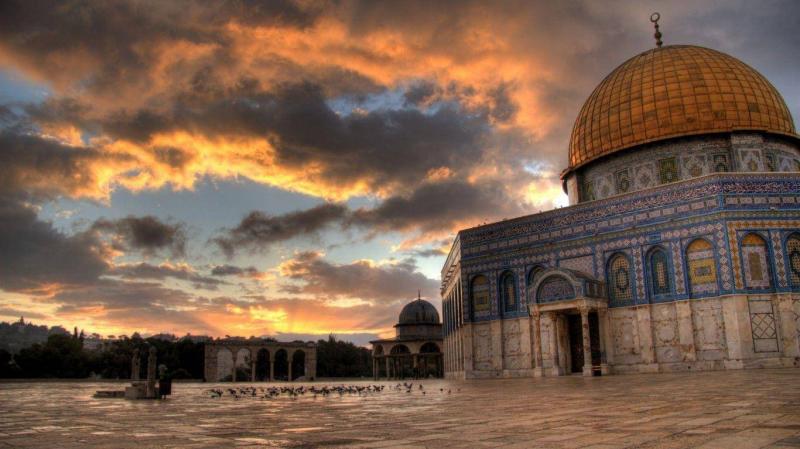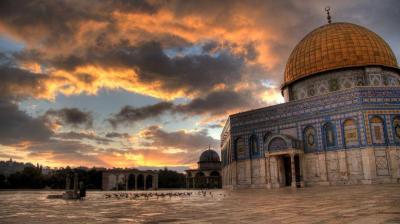On February 28, the Palestinian Islamic Resistance Movement (Hamas) called on Palestinians to organize a march to Al-Aqsa Mosque in Jerusalem at the start of Ramadan, which begins next week. This action increases the risks surrounding negotiations for a ceasefire in Gaza and the release of hostages. Al-Aqsa Mosque, located in the Old City of Jerusalem, is one of the holiest sites in the world for Muslims and is considered the most sacred by Jews. It has long been a flashpoint for potential violence, especially during religious holidays.
As the war in Gaza intensifies, Israel has stated that it may impose restrictions on prayer in Al-Aqsa Courtyard during Ramadan under the pretext of security necessities. A statement from Israeli Prime Minister Benjamin Netanyahu's office on Tuesday indicated that a number of worshippers would be allowed to enter the courtyard during the first week of Ramadan, similar to previous years, though no specific numbers were announced. Many Palestinians refuse any such restrictions on their access to Al-Aqsa.
Al-Aqsa Mosque is located in the heart of the Old City of Jerusalem on a hill known to Jews as the Temple Mount and to Muslims as the Noble Sanctuary. Muslims describe Al-Aqsa as the first of the two qiblas and the third holiest mosque. It includes the Dome of the Rock and Al-Aqsa Mosque, also known as the Qibli Mosque, built in the 8th century. The mosque is bordered by the Western Wall, which Jews consider a sacred place for prayer. Jews believe that King Solomon, mentioned in the Bible, built the first temple there 3,000 years ago, and a second temple was destroyed by the Romans in 70 AD. Israel took control of Al-Aqsa during the 1967 war and annexed it with the rest of East Jerusalem and adjacent parts of the West Bank, a move that has not received international recognition. Jordan, whose ruling Hashemite family oversees Islamic and Christian sites, appoints members to the waqf institution that supervises Al-Aqsa.
Al-Aqsa has long been a flashpoint for violence due to issues of sovereignty and religion in Jerusalem. Under the longstanding "status quo" arrangement governing the area, which Israel claims to uphold, non-Muslims are allowed to visit, but only Muslims are permitted to pray at the mosque. Increased public prayer by Jewish visitors in defiance of the rules, along with Israeli restrictions on Muslim worshippers' access, have led to protests and outbreaks of violence. Clashes at Al-Aqsa in 2021 ignited a 10-day war with Gaza. In 2000, Israeli politician Ariel Sharon, then leader of the opposition, led a group of Israeli parliament members to the mosque, leading to violent clashes and the start of what is known as the Second Intifada.




